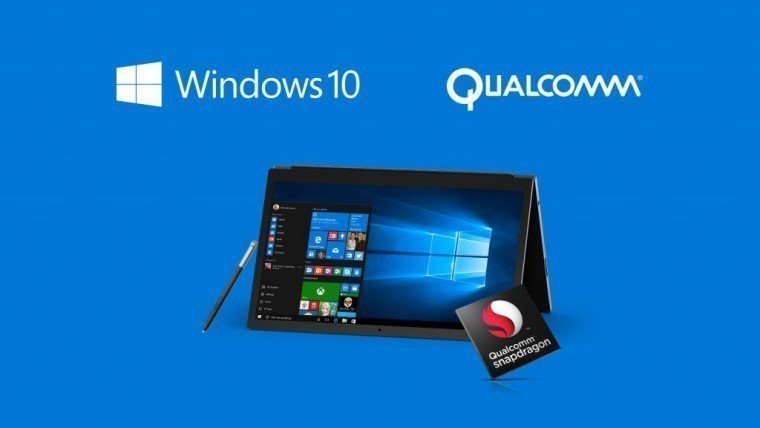A new Microsoft patent aims to stop laptop thieves by making use of emergency call technology

Microsoft has filed a new patent that aims to stop laptop thieves (via Neowin). By making use of technology that allows emergency calls to be made even without a SIM or a connection to your own operator, Microsoft believes this technology can be used to remotely disable a device from anywhere – with or without cellular connectivity.
In the patent filing, this is how the technology is described:
At least some embodiments described herein relate to the restricted use of a cellular network to facilitate disablement of a device that is suspected lost or stolen. Accordingly, even if the device is not capable of general use of the cellular network (e.g., due to a physical authentication module, such as a subscriber identity module, being absent and/or due to a software restriction on cellular network access), disablement communications are still permitted across the cellular network. Accordingly, the device may receive a disable command from the disablement service over the cellular network, and acknowledge processing of the disable command to the disablement service also over the cellular network. Thus, efforts by an unauthorized possessor of the device to prevent disablement by removing the physical authentication module are thwarted. Likewise, turning the cellular service off using software settings at the device also does not prevent the device from being disabled via cellular network communication.
It would seem that this patent is to be used in Microsoft’s new always-connected PCs initiative, where PCs can have cellular connectivity and not necessarily need to be turned off, much like with phones today, and have always-on LTE connectivity.
Further reading: Microsoft, Windows 10












Would you like to see this patent become a reality?